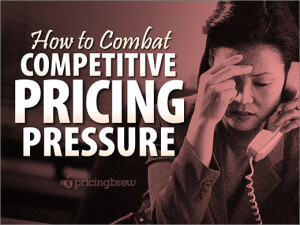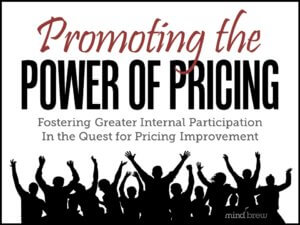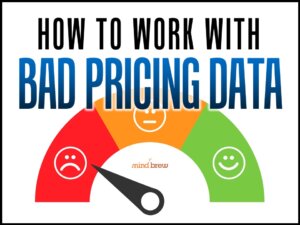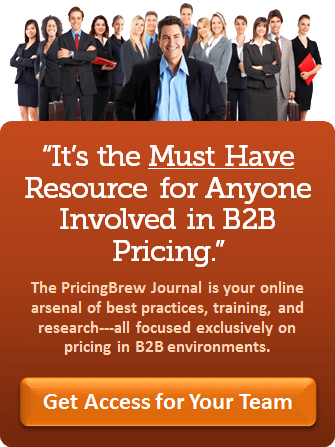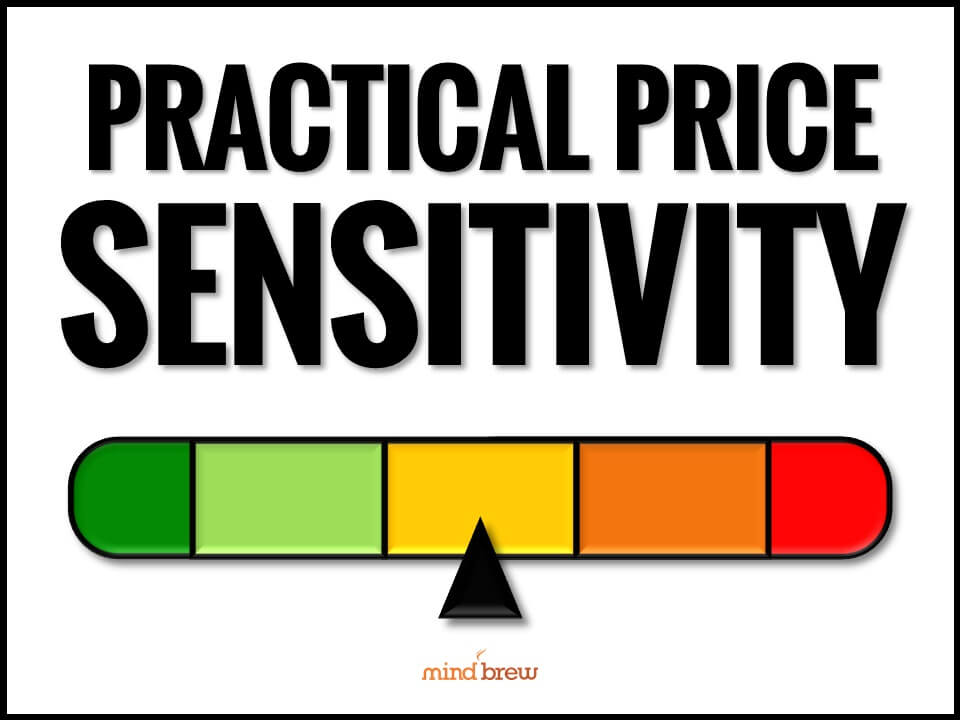In an ideal world, your company’s products would all be the best available. Customers would be clamoring to buy your offerings and willing to pay just about any price that you put on them because they were so much better than any of the other options.
But of course, we don’t live in an ideal world.
And in the real world, sometimes you have to put a price on products that stink. They’re duds, and anyone with any sense would rather by the competing product.
In this scenario, it’s tempting just to give up. That means slapping a really low price on the product and hoping to attract enough price buyers that you can at least break even.
But that’s not your only option.
Your first step should be to re-evaluate your product. Does it have any features or capabilities that might be attractive to a certain segment of the market? With the right positioning and targeting, something that seems like a negative might actually work to your benefit.
Here’s an example. Once when we were in the market for a new home, we looked at a house right next to some railroad tracks. Our first instinct was to cross that option off the list—after all, who wants noisy trains going by their house day and night? But it turned out that this particular piece of track was in use only once a week when the railroad needed to turn one particular train around. The conductors would drive the train really slowly, waving (and sometimes even blowing the whistle on request) while all the kids from the neighborhood ran alongside on the other side of the fence. Sometimes, when they got to the end of the siding and stopped, the railroad employees would even give the kids candy or trinkets with the company logo on them.
For the right buyer—a family with lots of young boys who love trains—something that seemed like a negative was actually the greatest feature that house had.
If you think no one wants your product, it may just be that you haven’t done enough research to figure out the right target market.
On the other hand, it could be that your product really just doesn’t have that much to offer anyone. In this case, the next best option is to work with the rest of the company to see what you can do to make the product better. Over time, you may be able to turn a product that was a loser into a winner.
And if neither of those options works for you, you really only have three options left. One: you can drop your price and start a race to the bottom that no one really wants. Two: you can take the product off the market before it damages your brand and concentrate on other products. Or three: continue to ignore the reality of the situation and polish up your resume.
Dealing with competition is always one of the trickiest parts of pricing. It’s tempting to want to “meet or beat” other companies’ prices, but that’s not always the best approach. The webinar How to Combat Competitive Pricing Pressure offers a host of strategies and tactics for dealing with your competitors’ pricing moves. Whether you’re a B2B pricing novice or a veteran, you’re sure to pick up some tips that can help you better navigate the competitive landscape.
Oh, and in case you were wondering, we did get the house by the tracks, and our three boys loved it. In our opinion, it was more than worth the price we paid.

